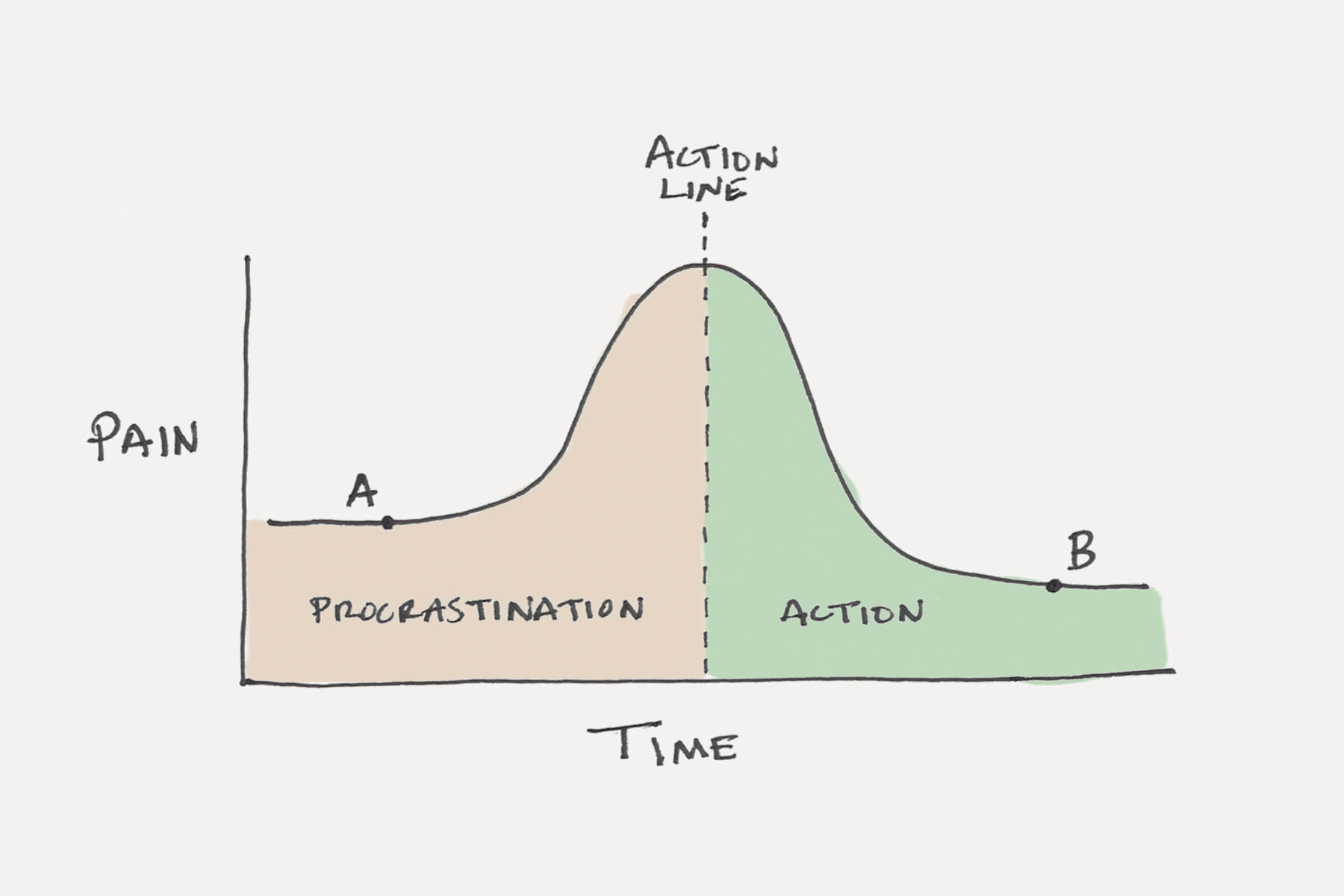Exploring the Consequences of Procrastination, Emotional Dependency, and Impostor Syndrome on Your Well-Being
Exploring the Consequences of Procrastination, Emotional Dependency, and Impostor Syndrome on Your Well-Being
Blog Article
In the modern age, people often face internal obstacles that affect their daily lives. Among these, procrastination, emotional dependency, o que é procrastinando and procrastinadores impostor syndrome are some of the most common challenges. But how can we overcome them?
This article, we will dive into the causes and solutions these three challenges. By understanding their impact and learning to manage them effectively, you can build a healthier mindset and achieve your goals.
What is Procrastination?
Procrastination is the act of delaying tasks despite knowing their importance. This behavior is frequently linked to emotional or psychological factors, such as anxiety or self-doubt.

The effects of procrastination, can be far-reaching. Overcoming procrastination requires developing better habits and creating actionable plans. Consider techniques like the Pomodoro Technique or focusing on time-bound goals to stay on track.
The Nature of Emotional Dependency
Emotional dependency is a state where a person depends excessively on external relationships to fulfill their emotional needs. Although relationships are fundamental, emotional dependency can become unhealthy when self-esteem is tied solely to others’ approval.

Symptoms often include a fear of rejection, difficulty making decisions independently, and an overwhelming need for reassurance. To overcome emotional dependency, it’s crucial to develop self-awareness and cultivate self-reliance. Engaging in personal development activities and professional guidance can be helpful tools.
Recognizing and Managing Impostor Syndrome
Impostor syndrome refers to a psychological phenomenon where individuals doubt their accomplishments despite evident success. Those affected often attribute their achievements to luck rather than recognizing their talent and hard work.

This mindset can lead to anxiety, self-doubt, and hesitation to pursue new opportunities. To overcome impostor syndrome involves reframing negative thoughts and celebrating accomplishments. Seeking feedback from trusted peers and setting realistic expectations can also help you build confidence.
Steps to Overcome Procrastination, Emotional Dependency, and Impostor Syndrome
Here are some practical steps:
- Create a routine to combat procrastination and break larger tasks into smaller milestones.
- Recognize triggers that contribute to your emotional reliance and foster personal resilience.
- Acknowledge your strengths regularly and consider therapy or coaching.
procrastinacao
Long-term improvement requires persistence, so stay committed to these approaches to achieve lasting transformation.
Conclusion: Taking the First Step
Procrastination, emotional dependency, and impostor syndrome can feel overwhelming, but you can overcome them by taking deliberate action. With awareness and consistent effort, you open the door to personal growth.
Start today by acknowledging where you stand and adopting simple, actionable strategies. Always keep in mind: progress is a journey, not a destination.
Report this page